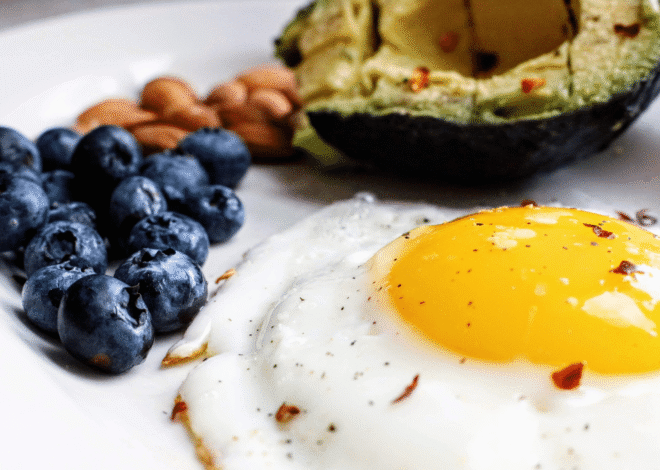
Is fasted training bad for muscle growth and strength? • Stronger by Science
[ad_1]
You’ve probably heard people tell you one of the following:
- Training fasted is the worst thing for your gains.
- Training fasted is great for fat loss and muscle gain, as it boosts growth hormone and *insert random jargon.*
I’ll admit, the former statement is the one you’re most likely to encounter today, but some of you may recall the early days of intermittent fasting making the rounds on the internet, with wild claims about its magical effects.
But what does the research actually say?
A recently published randomized clinical trial by Vieira et al (2025) directly compared 12 weeks of resistance training performed in a fasted state versus a fed state in 28 young adults. More specifically, one group trained after a 10-to 12-hour fast, while the other group consumed a carbohydrate-rich meal and trained 1 to 2 hours later. Both groups trained twice a week.
Both fasted and fed participants saw improvements in muscle thickness, 1RM strength (bench press and knee extension), and lower-body power. Interestingly, the fasted group even had a slightly greater increase in fat-free mass, although that was likely a result of them gaining more body weight throughout the intervention.
In a previous study by Triki et al (2023*, 2024*), researchers examined the impact of lifting time of day on muscle strength and hypertrophy during Ramadan. During Ramadan, individuals abstain from food and drink from dawn to sunset, so we’re talking about a pretty “hardcore” version of fasting (versus popular intermittent fasting protocols like 16:8). The researchers looked at whether training before or after the fast led to different outcomes in strength, body composition, hormones, or sleep. They assessed body composition via BIA, strength via squat, bench press and deadlift 1RM, and sleep via the Pittsburgh Sleep Quality Index (PSQI).
Overall, both the fasted and the fed groups lost body weight and fat during Ramadan, with their lean body mass remaining stable throughout the intervention. However, squat and deadlift strength improved in the fed group only (by ~5kg and ~9kg, respectively). After Ramadan, all lifts improved in both groups; however, the fed group made greater strength gains in the deadlift and squat (~4kg and ~10kg more than the fasted group). Hormonally, and as expected, both groups experienced an increase in cortisol during the month of Ramadan, which quickly returned to baseline after Ramadan was over. The fed group did, however, experience an increase in testosterone during and after Ramadan, although it is unlikely to have made a big difference from a muscle growth perspective.
It’s essential to reiterate that the Triki et al study examined a highly restrictive form of fasting, where participants abstained from both water and food for several hours prior to training.
Overall, fasting is neither magic nor destructive for gains, especially if you train after breaking your fast. That said, if you’re a strength athlete, it’s likely not a great idea to train completely fasted, as performance and, therefore, long-term strength gains may take a hit. I also do not see any solid reasons to train fasted except for the once-in-a-blue-moon rushed training session that you might have to do without consuming any food beforehand (or for religious purposes, such as Ramadan, of course). Much like with anything, training completely fasted once in a while is unlikely to impact your long-term strength or hypertrophy gains significantly.
The above aside, if you prefer training fasted and feel fine while doing so, it’s likely that you won’t be significantly sabotaging your gains, especially if you’re not particularly interested in 1RM strength. I know some of you may prefer training first thing in the morning because it fits best with your schedule and in my experience, as someone who doesn’t like to eat for the first few hours after waking, having a piece of fruit or even a sugary drink, like a glass of orange juice, is an easy way to fuel early workouts. This can help avoid some of the potential performance drawbacks associated with training completely fasted without feeling like you’re actually eating.
[ad_2]
Source_link
![]()


